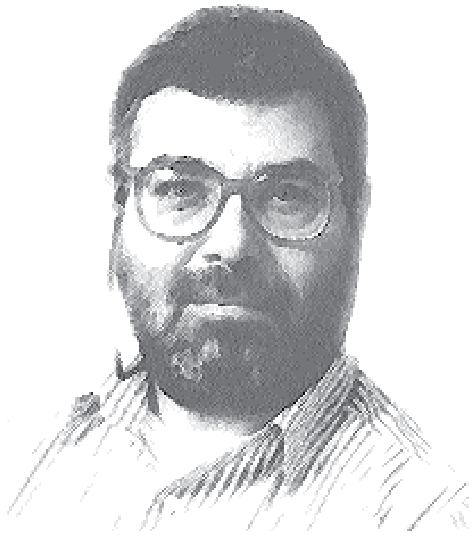Does it make any difference that the 57 member states of the Organisation of Islamic Cooperation (OIC) unanimously declared a few days ago that Arab East Jerusalem is the occupied capital of a Palestinian state, in response to US President Donald Trump’s recognition of Jerusalem as the capital of Israel and the imminent seat of the US embassy there? Does this OIC declaration nullify the boast by Jared Kushner, Donald Trump’s senior adviser and son-in-law, that the United States brought together about the same number of Muslim-majority states in a coalition to fight terrorism and roll back Iran’s influence in the Middle East? Maybe, but it is hard to say now, in view of the evolving way that changes occur in the Middle East these days.
Two major trends are clear so far in how states and other actors behave. All the major powers in the Middle East (the US, Iran, Israel, Turkey, Hizbollah, Saudi Arabia and Russia) patiently pursue policies that they feel will best serve their long-term national interests, and they do not hesitate to use military force and diplomatic brutality to achieve their aims (even if they fail sometimes, as the UAE-Saudi moves in Yemen and Qatar seem to be failing); all other governments and important non-state parties in the region are scrambling in search of short-term arrangements and alliances that will get them through the next year or two in decent shape, not hesitating to change alliances, policies, or allegiances when doing so helps them make it to 2020 in one piece. Predicting how governments will act these days is a hazardous business.
We should keep this in mind as we ask whether the Islamic world’s unanimous declaration on Arab East Jerusalem will have any impact on the ongoing conflict about the status of Jerusalem. The Trump Declaration comes 100 years after the 1917 Balfour Declaration by the United Kingdom that supported the establishment of a Jewish homeland in a land that was almost totally Palestinian-Arab owned and inhabited. The juxtaposition of these two declarations a century apart should alert us to the pivotal and historic moment we are experiencing now. Just as the Balfour Declaration spawned subsequent international legitimisation of the creation of a Jewish-majority state in an Arab-majority land, this American announcement sets the stage for the fate of Jerusalem, and a big political battle to come over this issue.
It seems that virtually the entire world opposes the American decision on Jerusalem, except for the Trump team, the rightwing settler-based government in Israel, and their scattered supporters here and there. It seems to me that there is only one important question we need to focus on during the coming months: Will any of those countries that oppose the Trump Declaration take any tangible, impactful diplomatic, political, economic, or other actions to counter it? Street demonstrations in the Arab world and friendly states reflect genuine anger and opposition, but they have zero impact on the decisions of the US or Israeli governments. Thousands of statements against the Trump Declaration have been made in the past week, and a few Palestinian and Arab parties have said they will refuse to meet with the visiting US vice president when he tours the region soon. This expresses genuine anger and opposition, but it triggers no change in anyone’s policies.
Palestinians, Arabs, Turks, Europeans, Russians, Iranians, and others in the world who reject the US move on Jerusalem as dangerous and illegitimate now stand face-to-face with the consequences of their historical inability to harness their assets and resources for effective diplomatic action on issues they view as important or even existential. There exists an extensive and accessible toolbox of instruments to use by those countries or political groups that support Palestinian rights in Jerusalem, especially in today’s globalised, media-connected world where every single human being can make his or her voice heard.
The OIC declaration is an important expression of… well, of a heartfelt declared position that is valuable rhetoric, but of nothing else that has any meaning or force. Jared Kushner will not be impressed, which is probably why his father-in-law issued the Jerusalem statement in the first place. They and the Israeli government will watch closely now for any signs of actual tangible actions by any of the parties that oppose them, beyond symbolic boycotts and street protests.
We have seen in recent years how history changes and power relationships evolve in the Middle East when local and foreign parties use their military, economic, and soft power on the ground to achieve their aims. If such power is used to counter the US Jerusalem decision, we are likely to see important changes ahead. If not, we are likely to see the Trump Declaration achieve the same results for Zionism, and against Arabism and Palestinian rights, that the Balfour Declaration ultimately achieved in the past century. Historical pivots are like that, and we should recognise them when they happen in our time.
